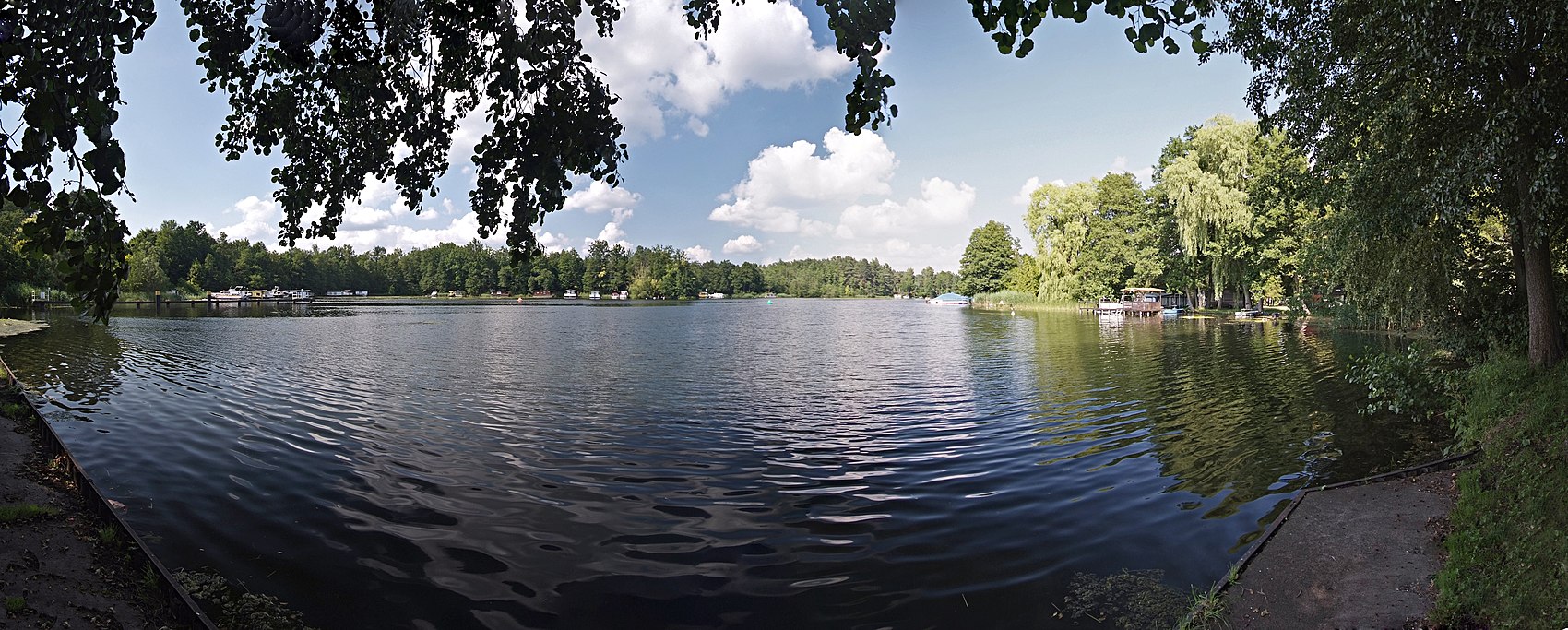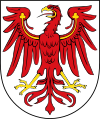| Welcome to the Brandenburg portal |
Selected article
The Spreewald is situated about 100 km south-east of Berlin. It was designated a biosphere reserve by UNESCO in 1991. It is known for its traditional irrigation system which consists of more than 200 small canals (called "Fließe"; total length: 1,300 km ) within the 484-square-kilometre (187 sq mi) area. The landscape was shaped during the ice-age. Alder forests on wetlands and pine forests on sandy dry areas are characteristic for the region. Grasslands and fields can be found as well.
Selected biography
Karl Friedrich Schinkel (13 March 1781 – 9 October 1841) was a Prussian architect, city planner, and painter who also designed furniture and stage sets. Schinkel was one of the most prominent architects of Germany and designed both neoclassical and neogothic buildings.
Related portalsSelected imageSubcategoriesAssociated WikimediaThe following Wikimedia Foundation sister projects provide more on this subject:
|













